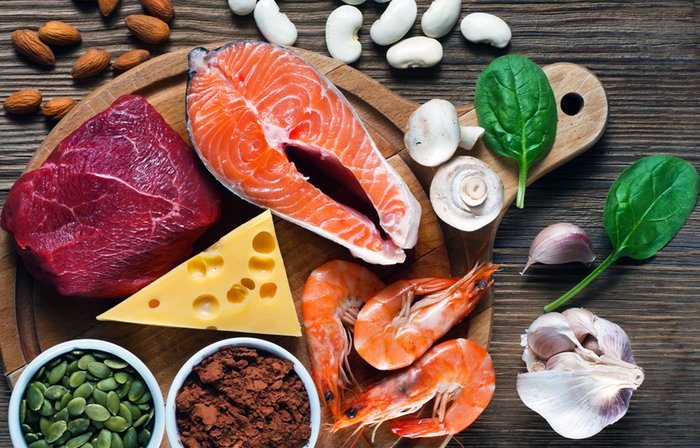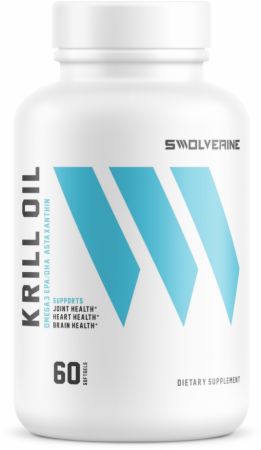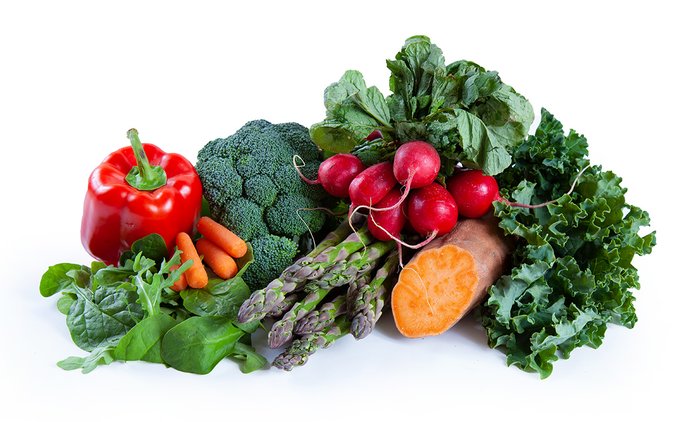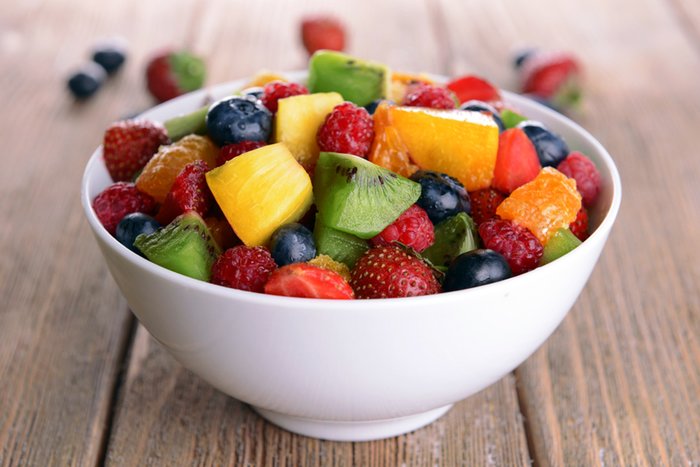Intermittent fasting is not a diet; it's a pattern of eating. You eat during a certain period of time every day and don't eat during the rest of the time. It's simple and straightforward. The most popular fasting pattern is the 16/8 method, in which you eat during a designated 8-hour period only. People often ask, what are the best foods to eat to break a fast if you want to lose weight more effectively?
The answer is to ease your body back into eating with easy-to-digest foods that are wholesome and nutrient dense. Plan your meals ahead of time and stick with the basics, incorporating nutrients from proteins, carbohydrates, and fats. When you eat healthfully during your 8-hour window, you ensure that you're getting the nutrients you need to power your active lifestyle.
Here are some of the best foods for doing that.
Protein
Choose your protein from fresh, lean, minimally-processed sources. Many of these will come from animal proteins, but if you are a plant-based eater and prefer meatless meals, lentils and other legumes are good sources of minimally-processed protein. If you do eat meat regularly, lentils and beans are also considered to be a source of carbohydrates.

Examples of protein: Eggs and egg whites, fish, shellfish, chicken, turkey, lean beef, bison, pork, wild game, cultured cottage cheese, plain Greek yogurt, and tempeh.
Complex Carbohydrates
Choose complex carbohydrates that are whole, minimally-processed sources that pack a lot of nutrition and fiber. It's also important to include a variety of starches and colorful fruits in your total carbohydrate intake. If you want a fast, convenient way to get your complex carbohydrates, try Swolverine's Clean Carbs.
Examples of complex carbs: Sweet potatoes, yams, beans and lentils, oats (steel-cut, rolled, old-fashioned), plain non-fat Greek yogurt, kefir, fresh and frozen fruit, corn, barley, buckwheat, quinoa, whole or sprouted grains (bagels, breads, muffins, pastas, wraps), and whole-grain rice (brown, black, wild).
Healthy Fats
These fats will come from a variety of sources like nuts, nut butters, and oils, sticking with anti-inflammatory oils like extra-virgin olive and avocado. Unless you're following a specific diet, healthy fats shouldn't exceed more than 30-35 percent of your daily calories.
Examples of healthy fats: Oils (extra-virgin olive, walnut, avocado), marinades made with anti-inflammatory oils, cheese aged more than 6 months, egg yolks, seeds (chia, flax, hemp, pumpkin, sesame), nuts (cashew, walnut, almond, peanut, brazil, pecan, pistachio), natural nut butters, pesto made with extra-virgin olive oil, and unprocessed coconut.

Vegetables
Vegetables come in all sorts of shapes, colors, flavors, and textures. There are so many to choose from that there's really no reason not to eat vegetables every day. Aim for two palm-sized portions of vegetables in every meal, regardless of whether they're fresh or frozen, raw, steamed, sautéed, or microwaved. Make sure half of your daily vegetable intake comes from leafy and other cruciferous vegetables.

Examples of vegetables: Beets, broccoli, tomatoes, radishes, onions, peppers, cabbage, squash, carrots, cauliflower, garlic, mushrooms, asparagus, eggplant, salad greens (spinach, arugula, kale, baby kale, collards, spring mix, etc.), celery, green beans, and cucumbers.
Fermented Foods
These are a staple of any healthy-gut diet. Not only do fermented foods boost the number of beneficial bacteria, or probiotics, in your gut, but they also contribute to improved health, digestion, and absorption of nutrients from your other foods—fruits, vegetables, protein, and carbohydrates, for example. Choose fermented foods that are unsweetened, as those are the best to break a fast with.
Examples of fermented foods: Kefir, tempeh, natto, kombucha, cabbage, miso, kimchi, sauerkraut, and probiotic yogurt.
Fresh Fruit
It's no secret that fruit is a staple of any healthy diet and that some fruits are more nutritious than others. If you're looking to boost your intermittent fasting weight-loss results, stick with fruits that are lower in sugar than others.

Examples of lower-sugar fruits: Apples, blueberries, strawberries, blackberries, grapes, pomegranates, oranges, cherries, grapefruit, apricots, peaches, prunes, oranges, and kiwi.
What Foods Should You Avoid When Practicing Intermittent Fasting?
These foods will keep you from losing weight efficiently when you're practicing intermittent fasting. They're short on nutrients and harder on the digestive tract than their fresh, wholesome counterparts.
- Soda
- Alcohol
- Fried foods
- Highly processed foods
- Simple carbohydrates
- Inflammatory oils
- Excessive caffeine
Breaking Your Intermittent Fast: The Takeaway
Of course, you don't have to choose any of the foods on this list to break your intermittent fast, but you'll miss out on their benefits. Eating healthfully will help you maximize your intermittent fasting efforts as well as increase your overall health, reset your metabolism, and help you lose weight faster.



.png)
